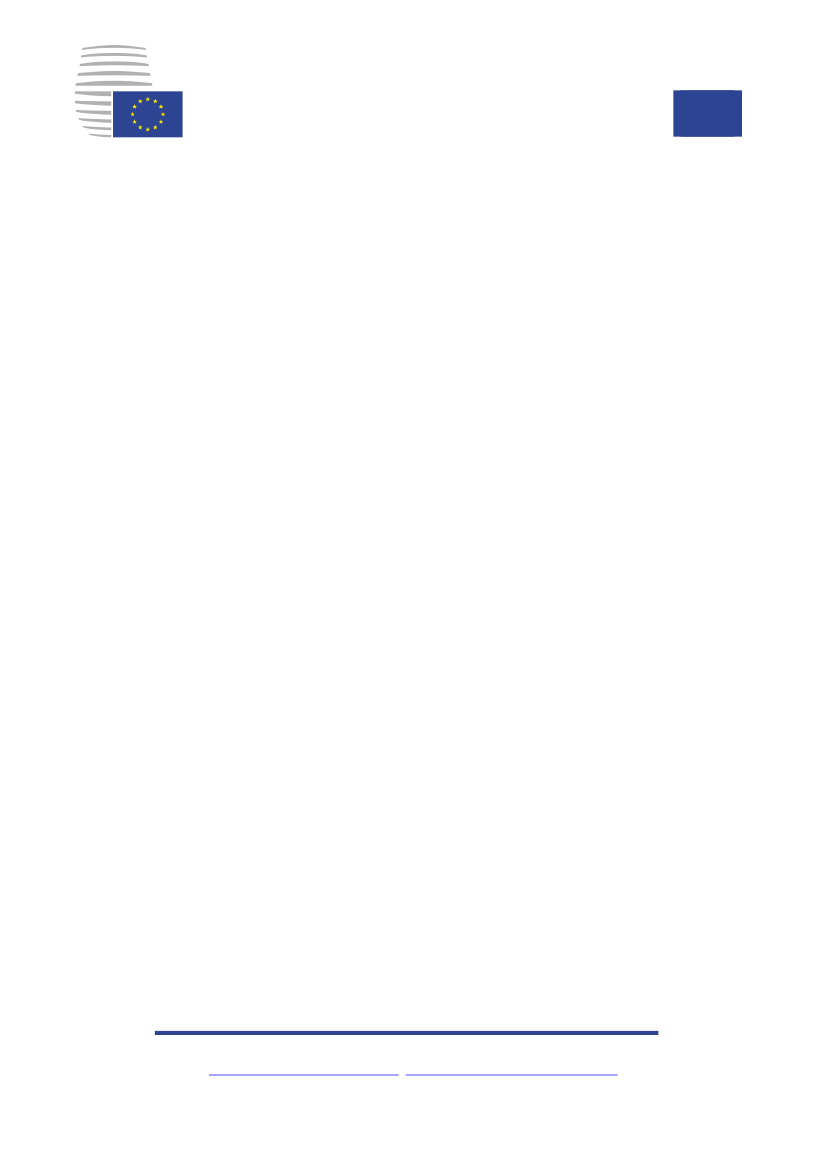
Council of the
European Union
6044/15
(OR. en)
EN
PRESSE 13
PR CO 5
OUTCOME OF THE COUNCIL MEETING
3367th Council meeting
Foreign Affairs
Brussels, 9 February 2015
President
Federica Mogherini
High Representative for Foreign Affairs and Security
Policy
PRESS
Rue de la Loi 175 B – 1048 BRUSSELS Tel.: +32 (0)2 281 6319 / 6319 Fax: +32 (0)2 281 8026
[email protected] http://www.consilium.europa.eu/press
6044/15
1
EN